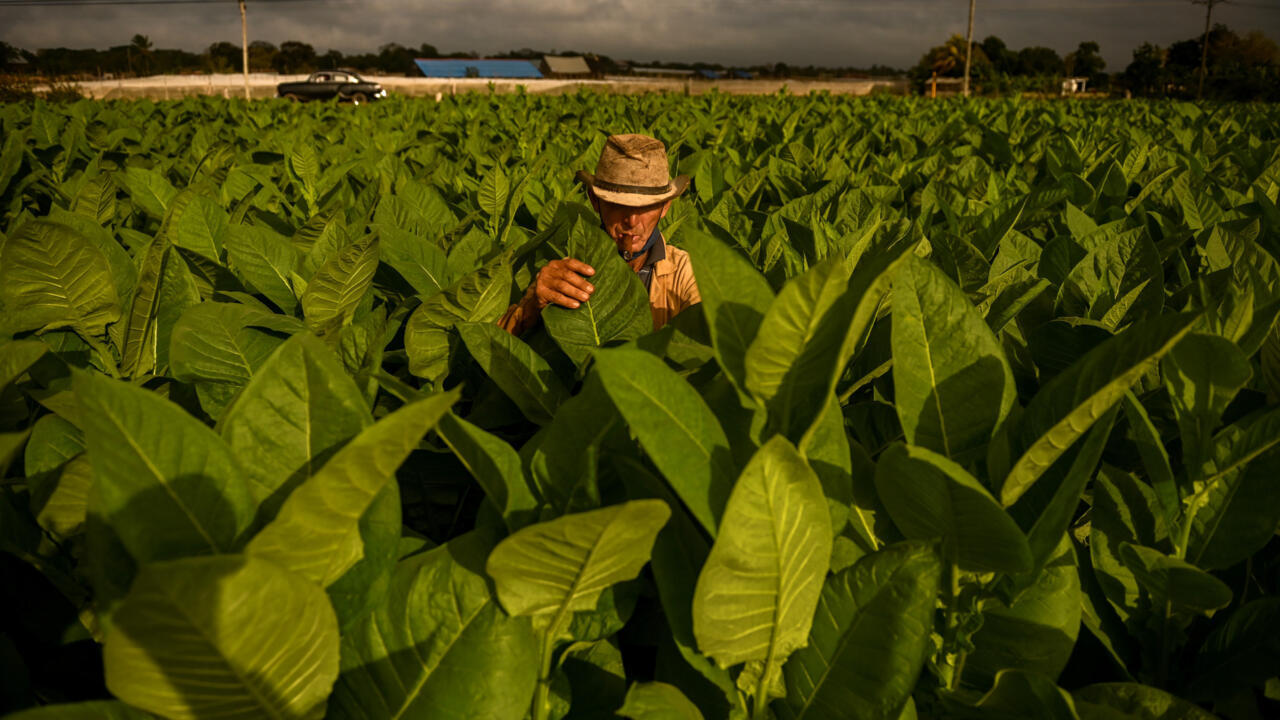On the occasion of World No Tobacco Day (31 May), WHO on Friday presented a recent UN programme to support tobacco farmers wishing to convert, which has begun to prove its worth in Kenya but which the organization hopes to export to other countries and continents.
"A record 349 million people are acutely food insecure. At the same time, 3.2 million hectares of land in 124 countries are being used to grow tobacco," Dr Ruediger Krech, Director of Health Promotion at WHO, told a press conference in Geneva.
Beyond its effects on the health of smokers and farmers, tobacco cultivation poses a problem for food security, according to the WHO.
The organization is all the more concerned that, according to it, tobacco companies are increasingly establishing themselves in Africa, with an increase of nearly 20% of tobacco plantations across the continent since 2005.
"It is often said that tobacco growing is important for economic growth. This is a myth that urgently needs to be dispelled. It is above 1% of GDP in only five countries in the world – Malawi, Mozambique, Zimbabwe, Tanzania and North Macedonia," Dr Krech stressed.
The WHO accuses the tobacco industry of trapping farmers in a vicious cycle of debt, leaving them with little choice over prices and product quality. "The tobacco industry keeps farmers in a cycle of dependency (...). They are trapped," Dr. Krech said.
WHO and its UN partners have set up a microcredit programme to help farmers pay their debts to the tobacco industry and change crops.
This program was launched, with the green light of the authorities, in Kenya where 2,040 farmers were helped in one year, and should support by the end of 2024 some 5,000 people, including 4,000 in Kenya and 1,000 in Zambia.
"By choosing to grow food instead of tobacco, we are prioritizing health, preserving ecosystems and strengthening food security for all," WHO Director-General Dr Tedros Adhanom Ghebreyesus said in a statement, noting that tobacco is responsible for 8 million deaths a year.
© 2023 AFP

